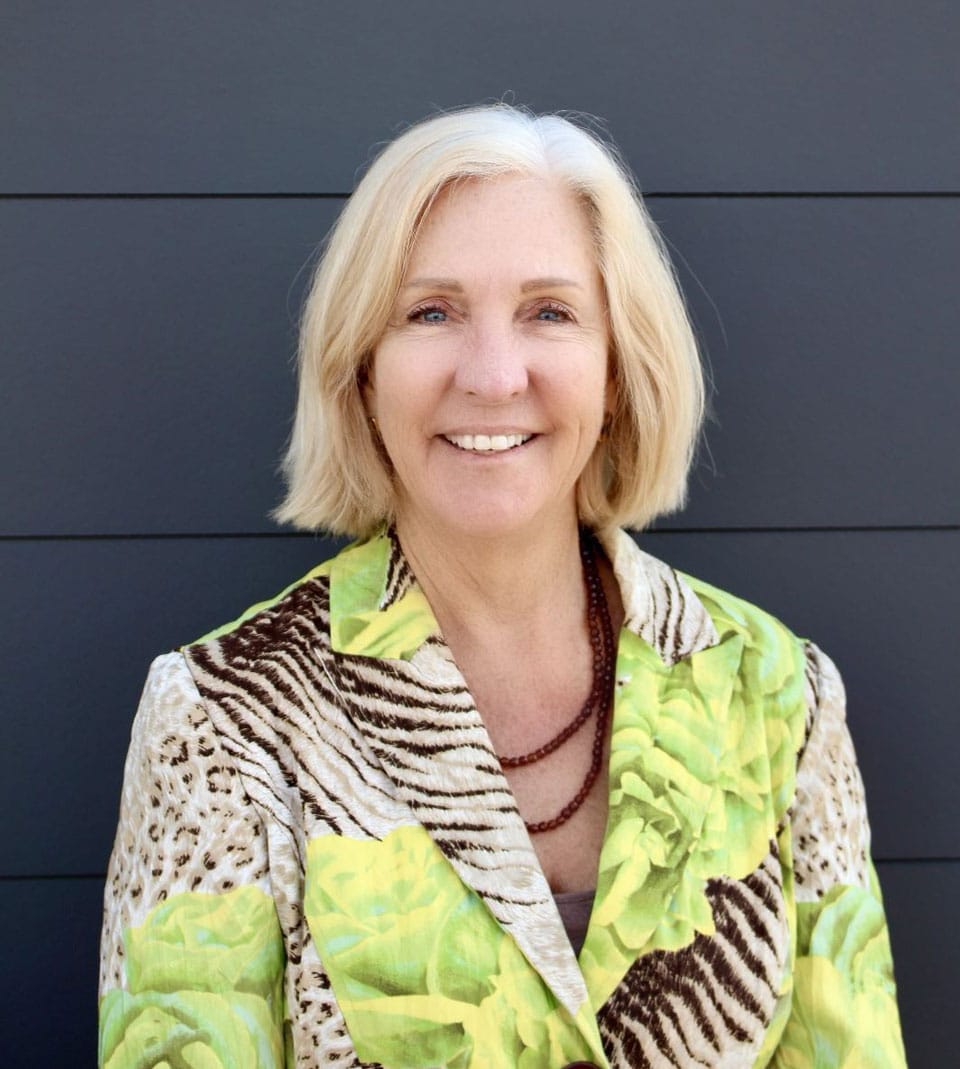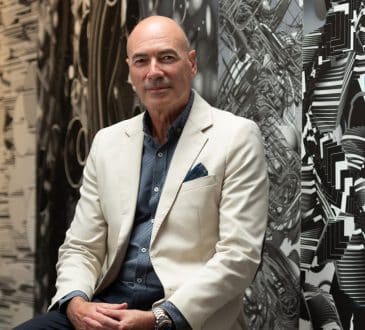Eileen Brewer, Executive Director at 757 Accelerate, Dissects the Startup Lifecycle Process

The small business industry drives most global economies through job creation. For instance, in the US alone, 99% of all businesses are small businesses. Almost 670,000 small companies open up each year, and only 24% of them make it past the 15-year milestone. Most ventures fail in the first 5 years for various reasons. The two most common causes are running out of funding (38%) and entering the space without analyzing market needs (35%). A sector of the small business industry is startups that use technology to build products that are innovative, disruptive, scalable, and investable. These statistics are also relevant to this sector and highlight the importance of creating a clear path of training and support for entrepreneurs during their startup lifecycle.
With over 20 years of experience supporting tech companies in Silicon Valley and 10 years as an entrepreneur trainer, public speaker, and thought leader, Eileen Brewer knows the behind-the-scenes of launching a startup, offering educational workshops and presentations that help startups grow. Over the last several years, Eileen has curated and executed numerous acceleration programs that educate entrepreneurs, preparing aspiring founders for the ups and downs of the startup lifecycle.
The stimulation of entrepreneurship around the globe has been an exciting occurrence, inspiring more and more people to materialize their dreams. According to Eileen, the increasing number of businesses opening up suggests a promising future for younger generations and their countries. The rising interest in entrepreneurship, although thrilling, highlighted a few issues that, if unaddressed, can quickly become obstacles.
Misinformation is one of the most prominent problems awaiting startup founders. As observed by Eileen, many places offer incubating services marketed as accelerators. The lack of distinction between incubators from accelerators leads to making wrong decisions at the wrong time, jeopardizing the chances for success. Eileen’s mission is to help startup founders and institutions understand the crucial differences between the two.
While accelerators are designed to accelerate tech startups with an existing customer base, incubators guide entrepreneurs through the process of turning an idea into a product. During incubation, aspiring entrepreneurs learn customer discovery, design thinking, lean canvas, market research, and other vital skills necessary to create a brand. The end goal of an incubator is to develop a minimal viable product (MVP), the most basic version of the idea. Once the MVP comes to life, entrepreneurs can present it to potential customers, get feedback, and make improvements.
While incubators verify an idea, accelerators help existing startups with the next phase of growth and investor readiness. Acceleration programs teach entrepreneurs how to protect their intellectual property, refine their business finance skills, and negotiate with potential investors, improving the success rate of their startups.
When explaining the differences between incubators and accelerators, Eileen brought up one of her recent programs. In the last two weeks of the 12-week-long accelerator program, founders visit angel investing groups, where they pitch their startups to independent investors. By the end of an accelerator, entrepreneurs are already raising funds, meeting investors, and elevating their brands. Whereas, at the end of an incubation program, founders have an MVP and work on building the startup over the next year or two. Once the MVP has been further developed into a product generating revenue, they are on the path to applying to an accelerator program.
What Eileen learned from her experience is that there’s a common misconception that startups can go straight from an incubator to an accelerator. The reality is that there should be a period of development and business growth between these two crucial steps. Incubators lay the groundwork for business ownership, equipping entrepreneurs with the skills to stand the test of time. On the other hand, accelerators are meant for those who have a customer base. Incubators help founders analyze market needs and accelerators introduce startups to investors, these tackle the most common causes of failed businesses.
There has been a recent trend of universities and government-funded organizations opening accelerators but in reality, they might be incubators where founders are building their MVPs, which is where the misconception starts. This reduces the opportunities for them to join an actual accelerator program because their perception is the startup has already experienced acceleration. “As the startup ecosystems grow around the globe, if there is a consensus on how to appropriately name the programs as incubation or acceleration, we will see a higher success in training founders and growing their tech startups, which in turn, boosts job opportunities and gross domestic product (GDP)” explains Eileen.
Have you read?
Countries With The Highest And Lowest Average Salaries, 2023.
Best Fashion Schools In The World.
Best Business Schools In The World.
The World’s Best CEOs And C-Suite Executives, 2023.
World’s Most Influential and Innovative Companies.
World’s Best Hospitality And Hotel Management Schools.
Bring the best of the CEOWORLD magazine's global journalism to audiences in the United States and around the world. - Add CEOWORLD magazine to your Google News feed.
Follow CEOWORLD magazine headlines on: Google News, LinkedIn, Twitter, and Facebook.
Copyright 2025 The CEOWORLD magazine. All rights reserved. This material (and any extract from it) must not be copied, redistributed or placed on any website, without CEOWORLD magazine' prior written consent. For media queries, please contact: info@ceoworld.biz








